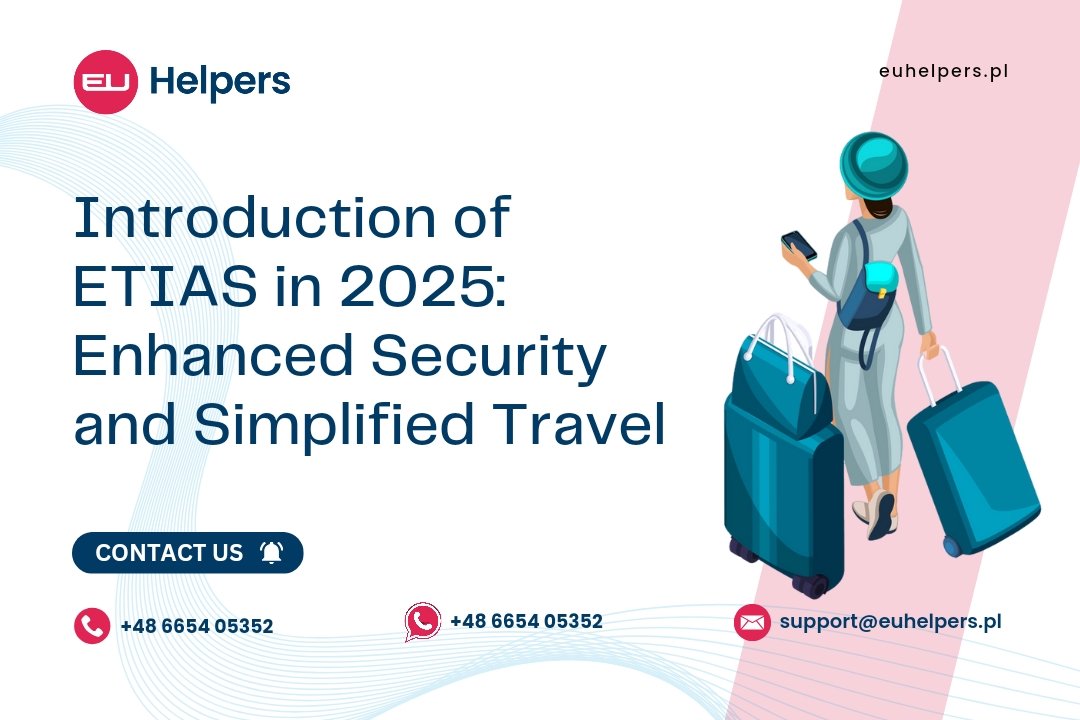The European Travel Information and Authorization System (ETIAS) aims to enhance security for border agents in EU member states by collecting data on non-EU travelers before they enter the Schengen area. This system ensures that individuals do not pose a security threat to any EU country or its citizens. Additionally, ETIAS will streamline the processing times for travellers at the border by equipping agents with necessary information in advance.
Financial benefit:
The primary benefit of introducing the mandatory ETIAS is to create a database on travelers to enhance security in Schengen countries. Another potential advantage is an increase in EU revenue. Each ETIAS applicant must pay a minimum government fee of €7, which could result in projected revenue of up to €200 million in the initial launch year of 2025.
Launch date:
Assuming no delays, ETIAS is set to be implemented in 2025. Following the launch, there might be a 3-6 month period during which ETIAS is not mandatory for travel. This grace period will allow the EU to address any system issues that could negatively affect travellers during the initial roll-out.
Who will apply?
Citizens from non-EU countries who currently do not need a visa for short-term stays in EU member states will require ETIAS for entry. EU nationals and those with a residence permit, card, or document issued by any EU country are exempt. ETIAS will simplify travel to Schengen countries for citizens who currently do not need a Schengen visa. Approximately 60 countries have visa-free access to the Schengen area, meaning all these travellers will need to apply for ETIAS.
The current Schengen immigration rules are complex for both visa-required travelers and those who do not need a visa, with variations based on family ties and the purpose of the visit. Different arrangements exist for those travelling to multiple Schengen countries or just one, depending on their intentions during their stay. For non-Schengen residents living in another EU country, there are no entry or movement restrictions within the zone.
The new system will allow 'third country' citizens from an approved list of countries to apply for ETIAS at least 96 hours before travel and pay the required fee. This includes citizens from the United States, the United Kingdom, Canada, Australia, New Zealand, and other low-risk nationalities who currently do not need a visa.

